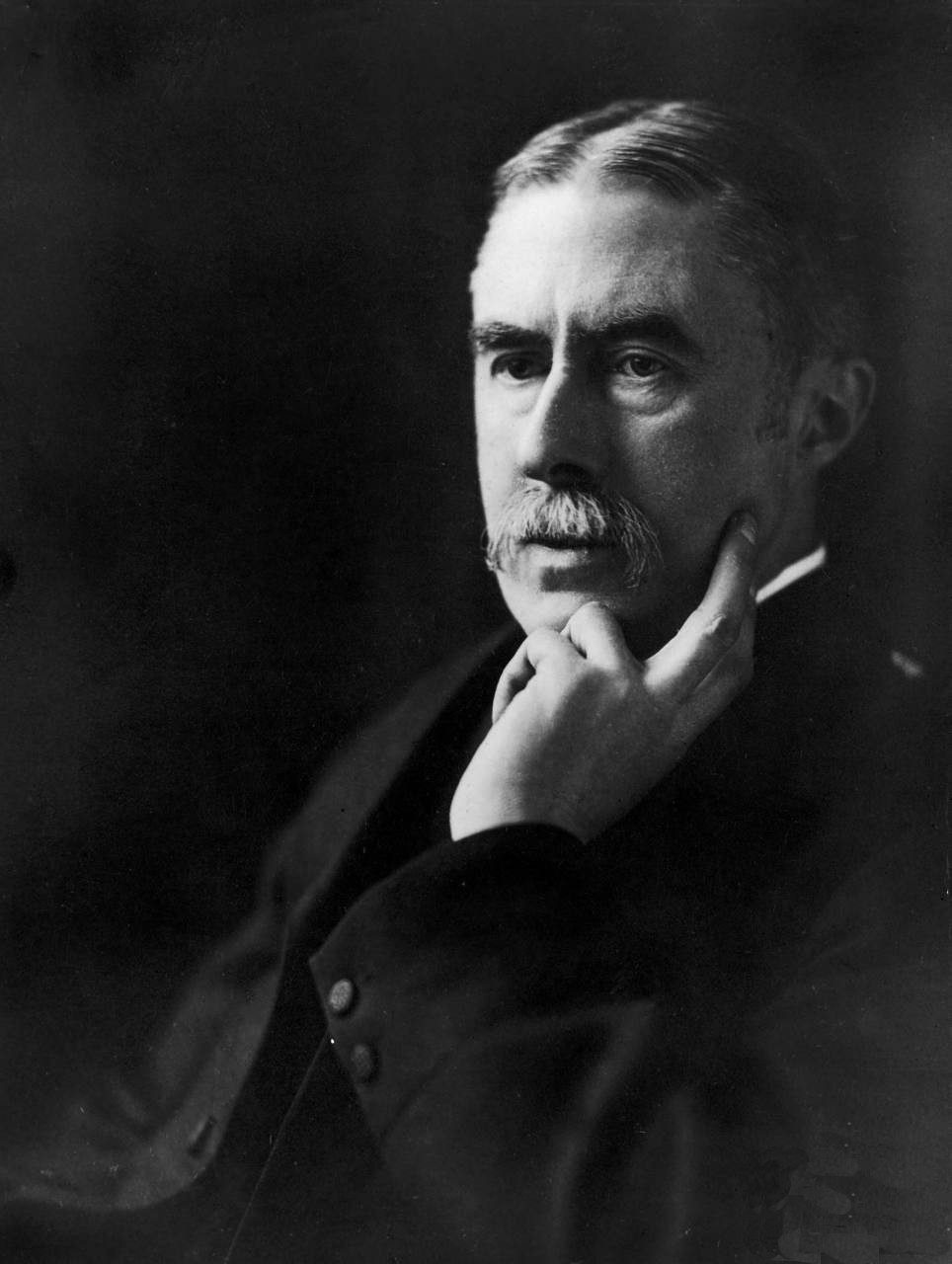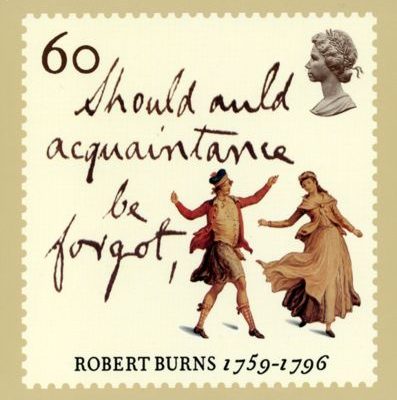January is a cold month of waiting. We who have been through many Januaries know that eventually the warm world will burst forth again. But what if January is all you’ve ever known? That’s the question asked by Philip Larkin in “First Sight,” our homeschool poem-of-the-week for this first week of the new year, offered for all things born in January.
First Sight
Lambs that learn to walk in snow
When their bleating clouds the air
Meet a vast unwelcome, know
Nothing but a sunless glare.
Newly stumbling to and fro
All they find, outside the fold,
Is a wretched width of cold.As they wait beside the ewe,
Her fleeces wetly caked, there lies
Hidden round them, waiting too,
Earth’s immeasurable surprise.
They could not grasp it if they knew,
What so soon will wake and grow
Utterly unlike the snow.
Philip Larkin (1922–1985) was one of the best-known English poets of the twentieth century. Although he was not a prolific writer, the small volumes of prose and poetry that he published received wide acclaim and have been appreciated by readers for decades. Very few people, even in the top tier, ever make a living from writing poetry, and Larkin was no exception: he spent most of his career working as a professional librarian, principally at the University of Hull in the north of England.
![[Lamb]](https://riverhouses.org/wp-content/uploads/2020/01/lamb-christmas-stamp-2017-300x230.png) Larkin was a poetical master craftsman. Although his poems use ordinary language, they are often quite tightly structured, as you can see in this week’s example. Have your students count syllables: I find seven in most lines and eight in just two. Look next at the rhyme-scheme: snow–air–know–glare–fro–fold–cold. I make it out to be ABABACC. Note also that the seven lines in both stanzas are divided in exactly the same way: one sentence for the first four lines, and then a second sentence for the last three. And he uses the same word, snow, at the end of both the first line and the last line, tying the whole poem together like a package with a string around it.
Larkin was a poetical master craftsman. Although his poems use ordinary language, they are often quite tightly structured, as you can see in this week’s example. Have your students count syllables: I find seven in most lines and eight in just two. Look next at the rhyme-scheme: snow–air–know–glare–fro–fold–cold. I make it out to be ABABACC. Note also that the seven lines in both stanzas are divided in exactly the same way: one sentence for the first four lines, and then a second sentence for the last three. And he uses the same word, snow, at the end of both the first line and the last line, tying the whole poem together like a package with a string around it.
Many of Larkin’s poems have a prose-y feel to them because he often employs enjambment — the carrying over of a sentence or idea past the end of the line. We saw another good example of that technique earlier this school year in the poetry of Elizabeth Jennings. (“Enjambment” is a beautiful ten-dollar literary word that your high-school homescholars can latch onto.)
As you walk through the winter landscape this January, invite your students to think about all the life hidden around them: frozen roots, dormant seeds, sleeping caterpillars, mice in their burrows — all of them waiting to wake and grow.
What wonderful words and poetical productions are you and your students examining in your homeschool this Orion Term? 😊
❡ What so soon will wake and grow: If a special line or turn of phrase happens to strike you in one of our weekly poems, just copy it onto your homeschool bulletin board for a few days and invite your students to speak it aloud — that’s all it takes to begin a new poetical friendship and learn a few lovely words that will stay with you for life. ❄️
❡ Literary lives: The website of the Poetry Foundation includes biographical notes and examples of the work of many important poets (including Philip Larkin) that are suitable for high school students and homeschool teachers. ✒️
❡ This is a printable lesson: Down at the bottom of this post you’ll find a custom “Print” button that will let you create a neat and easy-to-read copy of this little lesson, and it will even let you resize or delete elements that you may not want or need (such as images or footnotes). Give it a try today! 🖨
❡ Explore more: If you and your students are ever in Larkin’s hometown of Hull, England, you can take a literary history tour along the Larkin Trail: “To follow in Larkin’s tracks is to take not only a literary journey, but also journeys through diverse landscapes and rich architecture and, seeing the city through a poet’s eyes, to gain a philosophical view of the place where Larkin lived and worked for three decades.” 🗺
❡ Here, said the year: This post is one of our regular homeschool poems-of-the-week. Print your own River Houses Poetry Calendar to follow along with us as we visit fifty of our favorite friends over the course of the year, and add your name to our River Houses mailing list to get posts like these delivered right to your mailbox every week. 📫
❡ Homeschool calendars: We have a whole collection of free, printable, educational homeschool calendars and planners available on our main River Houses calendar page. They will help you create a light and easy structure for your homeschool year. Give them a try today! 🗓
❡ Support our work: If you enjoy our educational materials, please support us by starting your regular Amazon shopping from our very own homeschool teaching supplies page. When you click through from our page, any purchase you make earns us a small commission at no extra cost to you. Thank you for helping us to keep going and growing! 🛒
❡ Join us! The aim of the River Houses project is to create a network of friendly local homeschool support groups — local chapters that we call “Houses.” Our first at-large chapter, Headwaters House, is now forming and is open to homeschoolers everywhere. Find out how to become one of our founding members on the Headwaters House membership page. 🏡




